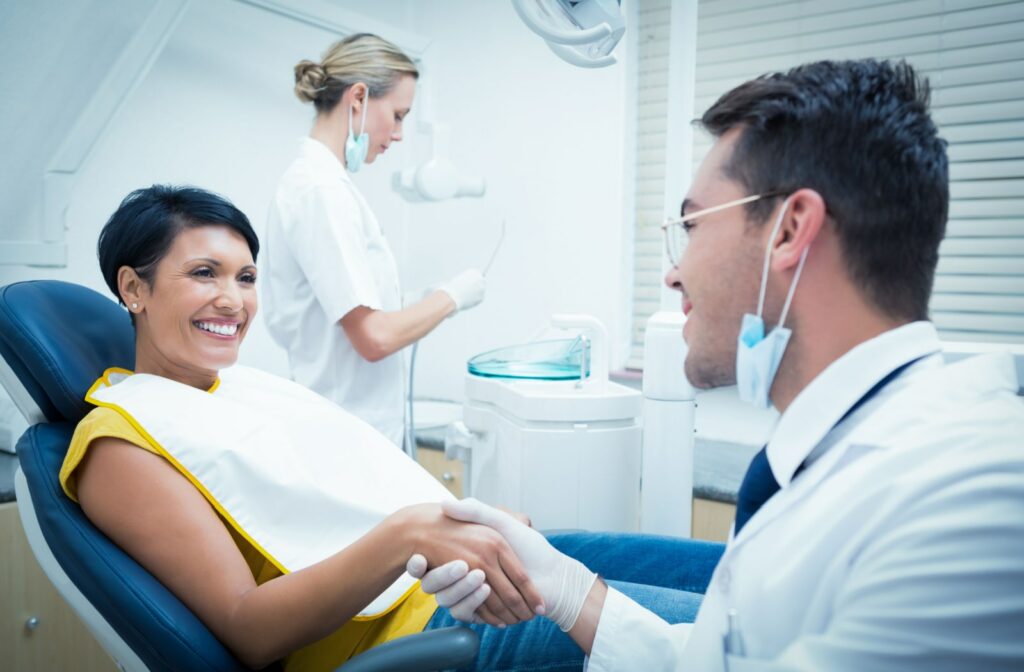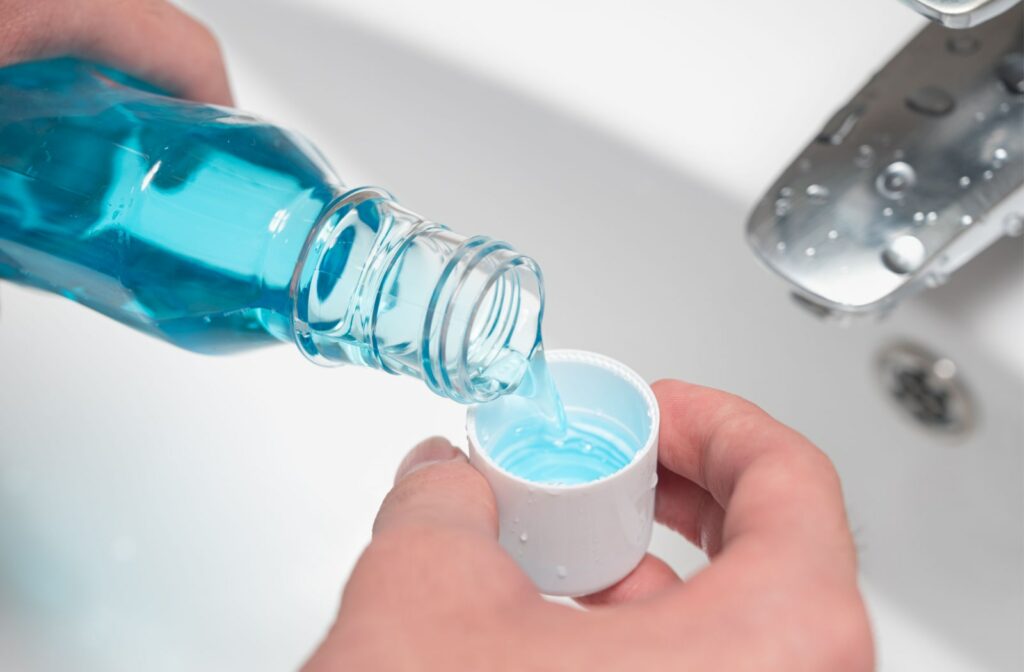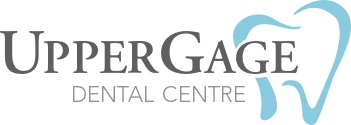When it comes to our daily routines, certain habits seem so ingrained that we seldom question if there’s anything else we can do. The act of cleaning our teeth is one such fixture. For many of us, it’s a twice-daily ritual we’ve practised since childhood. But within the broad spectrum of dental care, there’s a small but mighty contender often overlooked: mouthwash.
Mouthwash offers a plethora of benefits that complement standard brushing and flossing, such as freshening breath, removing food debris, and killing harmful bacteria. This simple addition to your daily oral health regimen could significantly improve your dental routine and, most importantly, your health.
Why Should I Use Mouthwash?
Your oral health routine is unique to you, but there are steps we can all take to boost those few minutes a day. Should you add mouthwash to your tool belt? Let’s check out some of the benefits.
Freshens Breath
When people think about mouthwash, they typically start with its ability to freshen your breath. Mouthwash chases away the odours that can make us self-conscious, leaving behind a clean, pleasant scent that makes you ready to take on the world with a smile.
The quintessential 30-second swish-and-spit can give you that clean, minty fresh feeling. And when you plan on doing a lot of talking, that little boost can go a long way.
Kills Bacteria
Mouthwash is incredibly effective against the pesky bacteria that lurk in our mouths. A toothbrush can miss some of the nooks and crannies between our teeth. Flossing helps reach those tough places, but mouthwash flows into every corner, leaving bacteria no place to hide.
Protects Gums
Our gums are the foundation of our teeth and deserve all the love we can give them. Mouthwash can create an environment that helps prevent the onset of gingivitis, an early stage of gum disease.
This helps keep your gums strong so they can hold tightly to your teeth.
Fights Cavities
Many mouthwashes contain fluoride, a natural mineral that strengthens the tooth’s enamel, combatting the acids that aim to wear it away. If acid is allowed to linger on your teeth, it can create little holes called cavities that open you up to infection. Even if you already have a cavity, mouthwash can kill the bacteria eating away at the tooth until your dentist can repair it with a filling.
Soothes Soreness
Some mouthwashes are anti-inflammatory for those times when you have irritations or minor mouth soreness. Inflammation is your body’s natural response to an injury or infection, and mouthwash could help to calm it and provide a soothing sensation that can leave you feeling relieved.
Rehydrates Your Mouth
Dry mouth can be uncomfortable, but mouthwash can help! Certain kinds of mouthwash are made to provide moisture and relief for dryness caused by medications or medical conditions. Avoid any mouthwashes with alcohol, as they can irritate the mouth.
Using mouthwash daily can keep your mouth hydrated, making it easier to speak, chew, and smile.
Whitens Teeth
Certain types of mouthwash are formulated with whitening ingredients, typically hydrogen peroxide. While not as effective as professional teeth whitening, these mouthwashes could be useful if you want a slightly brighter smile.

How to Add Mouthwash to Your Routine
For all its benefits, mouthwash needs to be used correctly to feel its effects. If you’re just recently adding mouthwash to your daily dental care, take a moment to read the product directions. It can seem simple—and it kind of is—but if you’re going to do something, you should do it right.
Most kinds of mouthwash use these basic steps:
- Brush your teeth before rinsing: Mouthwash is not a replacement for regular brushing and flossing. Start with these classic methods to clean the majority of your mouth. If you use fluoride toothpaste, let it sit on your teeth for a bit before jumping to the mouthwash.
- Use the proper amount: Read the product label and always follow their instructions. Mouthwash can have many different concentrations, and using the correct amount is essential for comfort and effectiveness. This is typically a few teaspoons, but most mouthwash products have a cup or cap you can measure with.
- Swish and rinse: A quick, half-hearted swish might make you feel momentarily refreshed, but for tangible results, aim to swirl your mouthwash for a full 30 seconds. This duration facilitates exposure of the active ingredients to bacteria and surfaces, maximizing their effectiveness.
- Spit it out: Don’t drink the mouthwash! It’s not meant for ingesting, even if you love the minty taste. Spit it out, preferably into a sink, so you don’t upset the next person using the bathroom.
Swish for Your Oral Health
Mouthwash is a supplementary act designed to work alongside brushing and flossing, not in isolation. You’ll have to find your right frequency as well. Some people insist on doing it twice a day, though the Canadian Dental Association says once a day will work. Overdoing it—rinsing your mouth too frequently or using an overly strong formula—could upset the balance in your mouth.
You don’t have to figure it out on your own! Upper Gage Dental Centre can answer your questions about using mouthwash to boost your freshness and cavity protection—and help you use it properly. A regular professional cleaning and exam is the next step for protecting your oral health. Book your appointment today and pave the way for a cleaner, healthier smile.
Your teeth—and maybe even your future self—will thank you.



